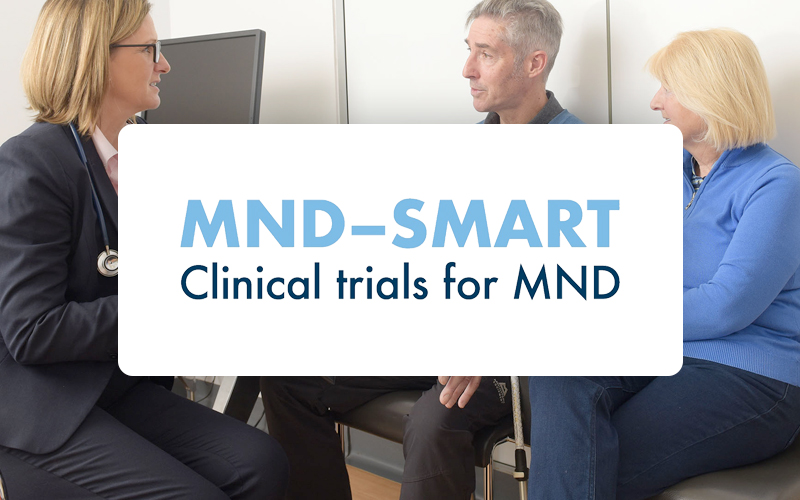Who we help
The Foundation supports a wide range of causes with a strong focus on MND research, care and initiatives that benefit those with disabling neurological conditions, as well as architecture and architectural visualisation initiatives.

MND research and care
The Foundation is committed to helping people with MND and associated neurological conditions. It supports initiatives that improve people with MND’s lives through better care and support. The foundation is also interested in funding research work to find a cure for MND.
Medical science and research
Architectural initiatives
The Foundation has a strong link to architecture and supports initiatives based around the importance of our built environment, new technologies and design. We will be announcing our involvement in some exciting new projects including bursaries and grants.
Projects we support
MND-SMART

Tricals
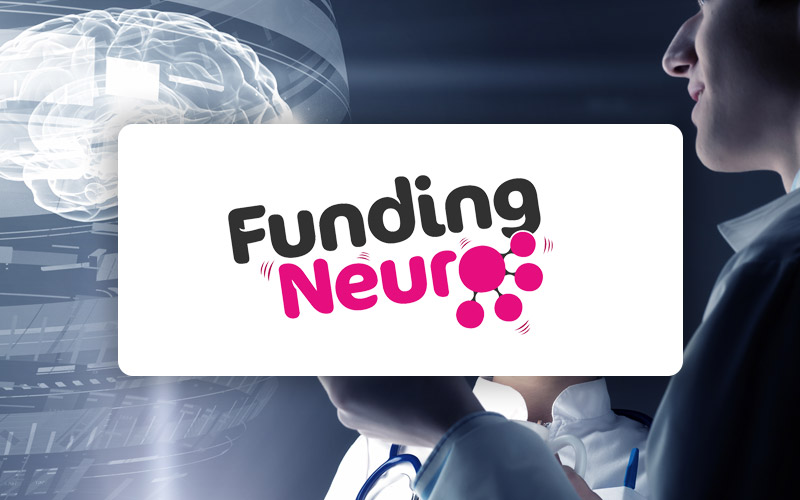
Funding Neuro
In November 2021, the Alan Davidson Foundation awarded a gift of £75,000 to further research by Prof Steven Gill into gene therapy toxicology study, a novel route of administration of a drug via a system implanted into the brain. This project is also funded by My Name’5 Doddie Foundation (MN5D).

Scottish Huntington’s Association
Scottish Huntington’s Association (SHA) was established over 30 years ago by families and has grown into an extensive Scotland-wide network of specialist clinical services, financial wellbeing support and youth services. Huntington’s disease (HD) is a hereditary, life-shortening, neurological illness. The symptoms of HD are described as having Motor Neurone’s (MND), Parkinson’s and Dementia simultaneously.
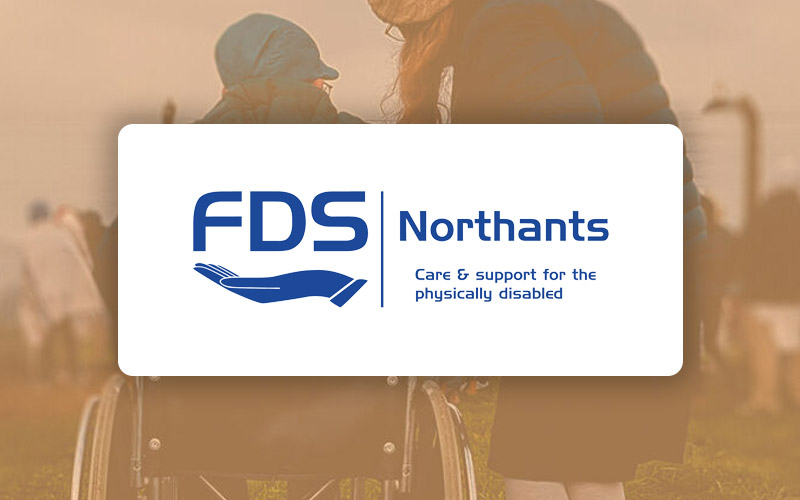
Favell Day Services
The team provides benefit and social care advice; help with applications; liaise with multidisciplinary community health teams and advocate for our members to local authority services. We promote and organise physical care and visits from other health professionals such as specialist nurses and physiotherapists. Caring for a loved one can be isolating and physically exhausting. Those family members at home also need companionship and interaction with others.
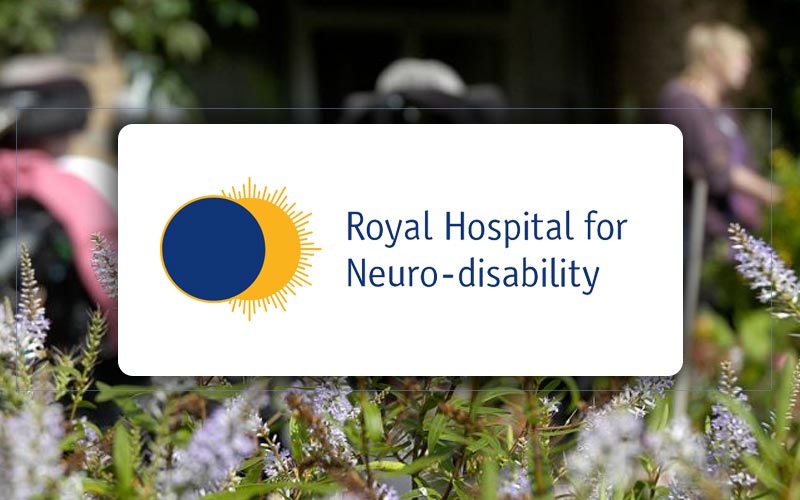
Royal Hospital for Neuro-disability
Royal Hospital for Neuro-d

Oxford Motor Neuron Disease Centre
Pioneering research work is being undertaken by Professor Kevin Talbot who leads the MND Care and Research Centre based at the John Radcliffe Hospital, Oxford. Professor of Motor Neurone Biology and a consultant neurologist, his research interest is in understanding the molecular basis of motor neurones and other neurodegenerative disorders. The Foundation helped fund the “Stem cell models of Motor Neurone Disease” research project.
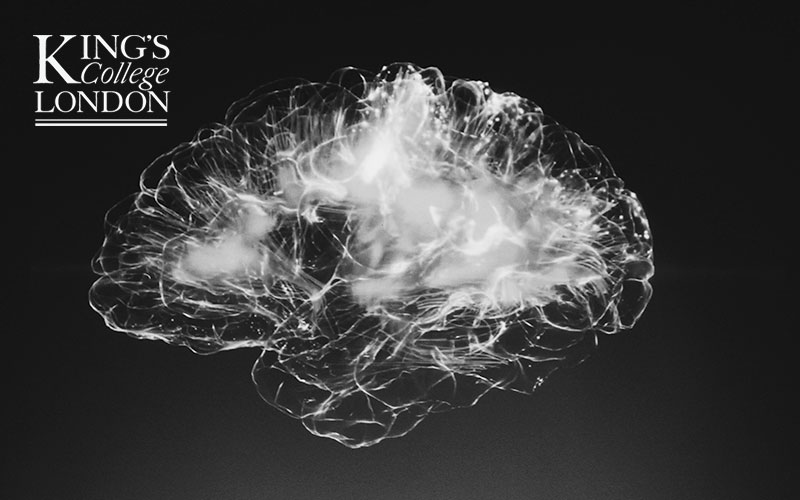
Neuroscience at King’s College London
The Foundation has funded neuroscience research at the Maurice Wohl Clinical Neuroscience Institute, part of King’s College, London. The Institute brings together 170 clinicians and scientists from many disciplines including: neuroimaging, neurology, psychiatry, genetics, cellular biology and drug discovery to advance understanding of disease and develop new therapies for psychiatric and neurological conditions including MND, Parkinson’s disease, dementia, depression, schizophrenia, epilepsy and stroke.
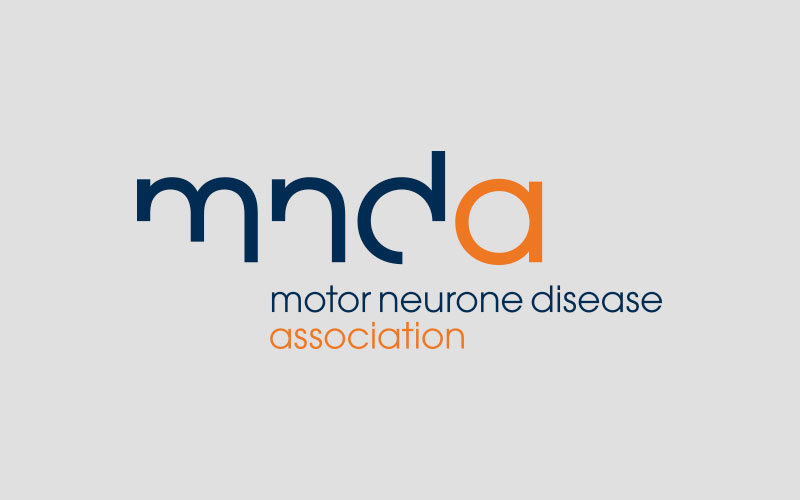
Motor Neurone Disease Association
Founded in 1979, the MNDA is the only national charity in the UK solely focused on MND care and research. The organisation has over 9,000 members forming a powerful national and local network that provides information, support and continually campaigns for improved services. The Foundation is proud to continue to work with the Motor Neurone Disease Association by fully supporting 2 full-time positions: a Care Co-ordinator at the Norwich and Norfolk Care Centre and the Wheelchair Service Manager.
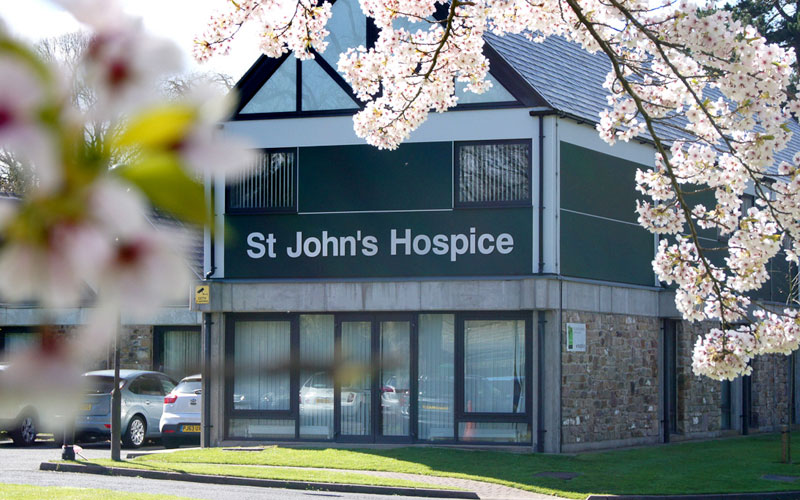
St John’s Hospice
St John’s Hospice, London, is an independent charity located within the Hospital of St John and St Elizabeth (founded in 1856). For the last 30 years, St John’s has been providing specialised palliative care to more than 3,000 Central and NW London based terminally-ill patients and their families every year. It costs more than £5m p/a to provide the support to patients and families and £13.5k to run the hospice for a day. The Foundation was glad to help support the refurbishment of the in-patient care area.
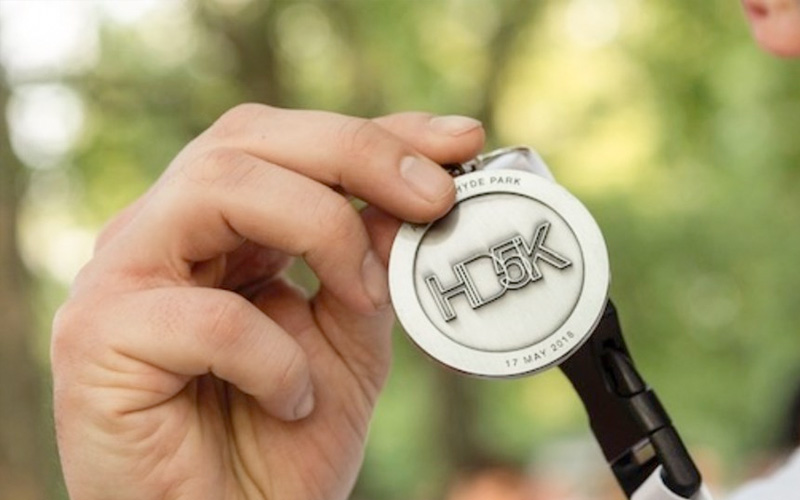
HD5K
In May 2018, a hundred of the UK’s top architects and designers competed in a 5K race in aide of the Motor Neurone Disease Association in London’s Hyde Park. The event, ‘HD5K’ was conceived and organised by Hayes Davidson, and raised £30,000, which was match funded by the Foundation, a total of £60,000.
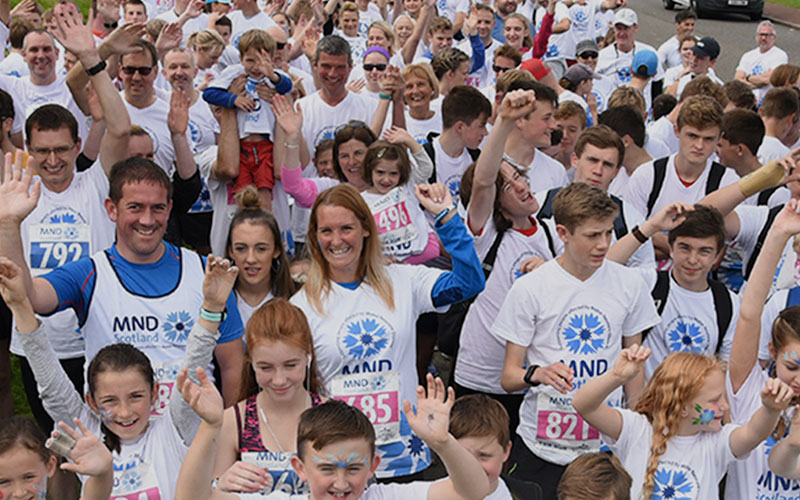
MND Scotland
In 1981, MND Scotland was founded by John Macleod, a 32 year old Strathclyde police officer, who had MND. Together with his wife, family and friends, they started the charity to help those with MND in Scotland. At the time John was diagnosed, services were limited and health professionals had little or no knowledge of the condition. Additionally to ad hoc donations to MND Scotland, the Foundation is pleased to support a third full time Advocacy Worker to add to their existing Advocacy Service Team.
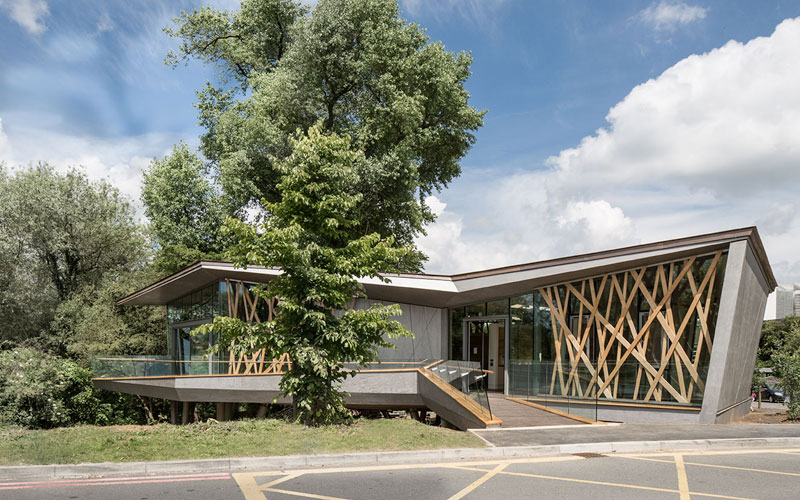
Maggie’s
Built in the grounds of NHS cancer hospitals, there are 15 Maggie’s Centres across the UK. Each has professional staff on hand to offer free practical, emotional and social support to people with cancer and their family and friends. Maggie Keswick Jencks lived with advanced cancer for two years. During that time she created a blueprint for a new type of care; uplighting and sympathetic both internally and externally, the design of each centre being of the highest architectural quality.
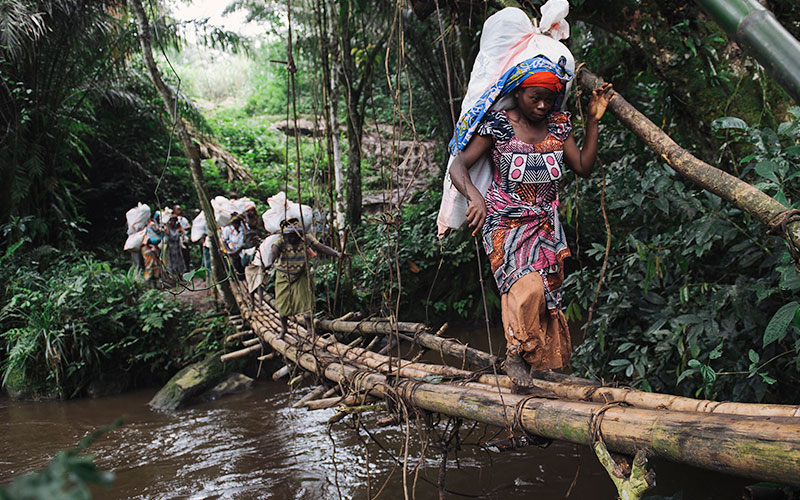
Médecins Sans Frontières
Founded in Switzerland in 1971 by a small group of French doctors and journalists who sought to expand accessibility to medical care, Médecins Sans Frontières, also known as Doctors Without Borders, provide medical support and care across national and international boundaries, irrespective of race, religion, creed or political affiliation. Now a 30,000 strong international NGO, the staff, mainly volunteers, work extensively in war-torn regions and developing countries affected by endemic diseases who would otherwise have no access to medical help.
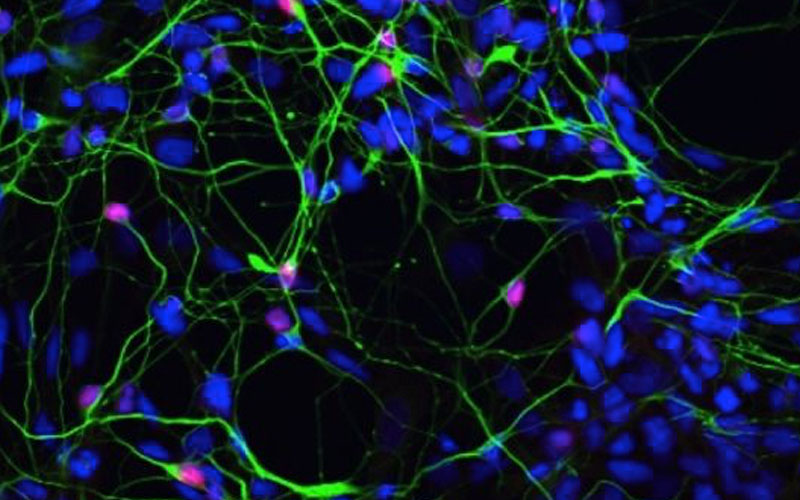
MND Care Coordinator, Oxford
This specialist care centre located within the John Radcliffe hospital offers multidisciplinary care and support to patients and carers living with Motor Neurone Disease. The MND Specialist Nurse and Care Centre Coordinator is a critical role which provides a point-of-contact service for patients between clinic visits, and facilitates the communication of information between all those locally involved in an individual patient’s care.

All Trials
Clinical trials, which can involve thousands of people, are the best method to test whether a medicine is safe and effective. Currently there is no complete list of all clinical trials, so it’s unknown which trials have taken place, or what was found in them. The AllTrials campaign was launched in January 2013 and calls for all past and present clinical trials to be registered and their results reported.
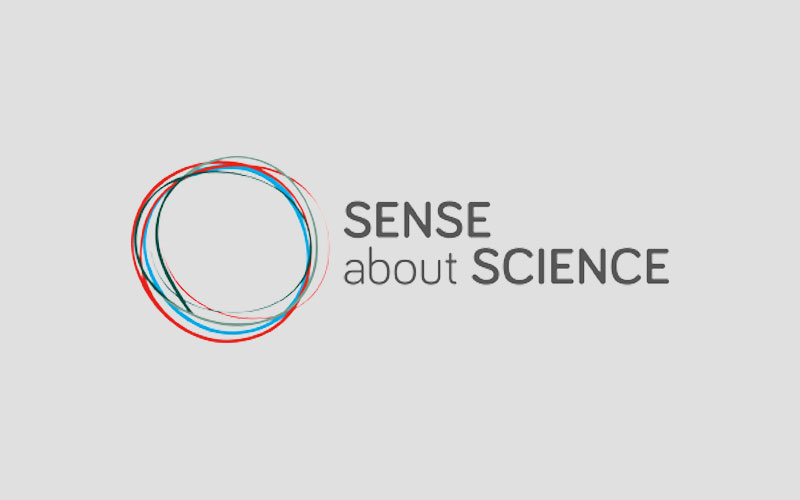
Sense About Science
Sense about Science is an independent charity founded in 2001. They advocate openness and honesty about scientific research, and ensure the public interest in sound science and evidence is recognised in public debates and policymaking. They have produced many publications that challenge the misrepresentation of science and evidence in public life including ‘I don’t know what to believe’; a guide for the general public to help clarify and discern what is true from amongst constant bombardment of ‘scientific’ information from the media and the internet.
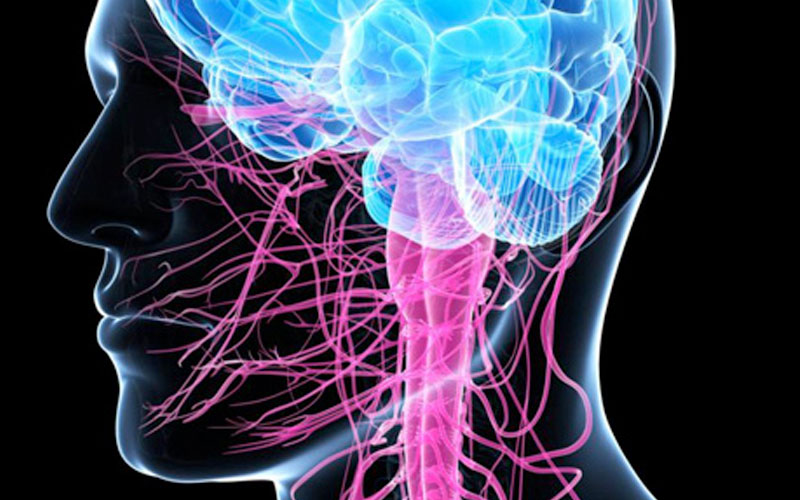
Project MinE
Project MinE is a major international collaboration involving 16 countries – their goal is to understand the genetic basis of MND/ALS and to ultimately find a cure for the disease. Their aim is to analyse the DNA of at least 15,000 ALS patients and 7,500 control subjects. The resulting 22,500 DNA profiles will be compared. So far they are 36% towards their goal. Researchers are examining whole genome sequencing to find links between genes and MND. The Foundation is funding the sequencing of gene samples.

3 Peaks Challenge
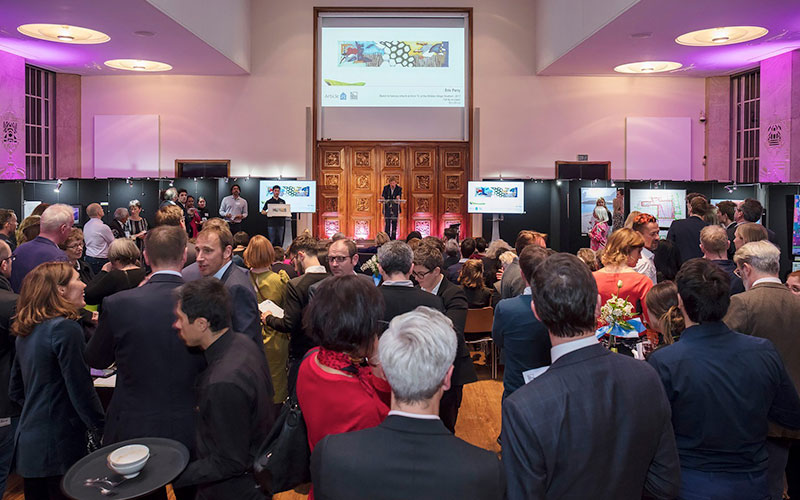
Article 25 | 10x10
Article 25 (initially Architects for Aid) was founded by Maxwell Hutchinson in 2006, the broadcaster and past president of RIBA. Caught up in the Indian Ocean Tsunami in 2004, Mr Hutchinson recognised the potential impact the built environment could have on saving lives. The charity has worked on over 85 projects in 34 countries around the world.
